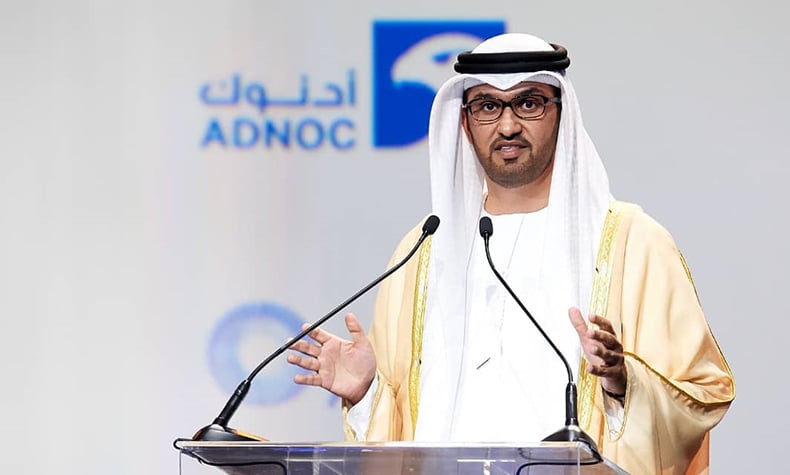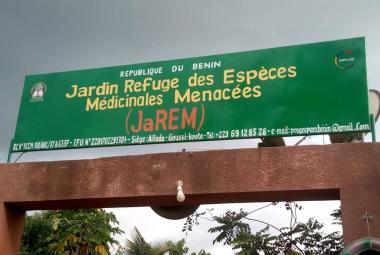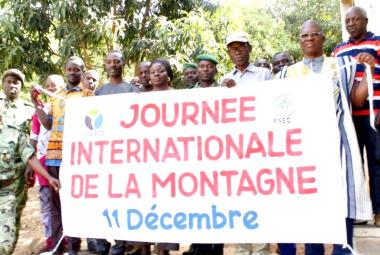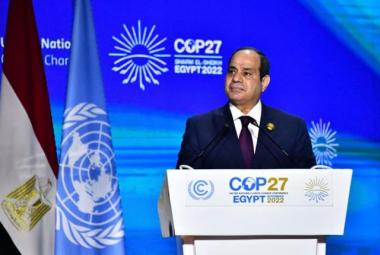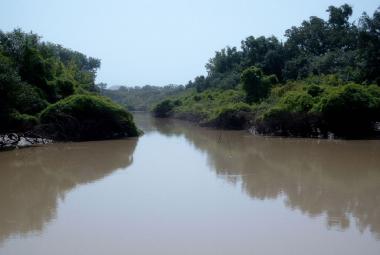By the way, what is COP 27? Asking a question may seem like a provocation. No, it's a way of gauging amnesiac societies or entertainment. Bad and over-informed. Said COP is an event that took place months ago. But that is already in the past for a society that has lost its memory and is marked by insomnia. COP 27 is the last conference on climate change since the beginning of the 1990s (inaugurated by the Rio summit in 1992). It concluded on November 20 with a very mixed record.
Could we expect a consensus between participants with opposite climatic profiles and contexts? And big decisions? The rivalries and interests of States and large industrial groups were going to fade a little for a planet in danger on all points. Rivalries and interests die hard. Despite the pessimistic speech of the Secretary General of the United Nations and the despairing appeal of small island countries, the concern of climate change for the majority of countries, in the negotiations, we defend tooth and nail the national interests and those of the multinationals, polluting and destroying the environment.
The same scenario has been repeated since the first climate conference in Rio de Janeiro. An optimistic speech and a conclusion, which brings nothing better to climate degradation… Climate change promotes the emergence of diseases and new viruses, with nature losing its protective capacities.
The illusion of progress
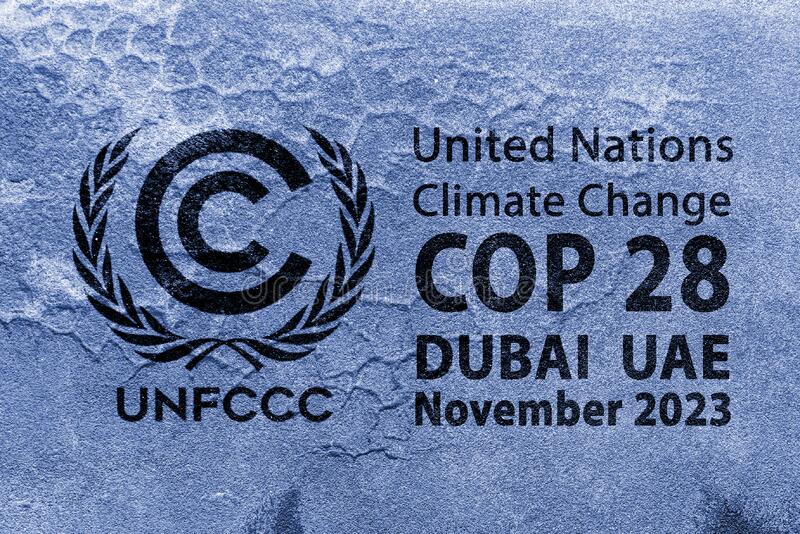
Optimists saw a breakthrough in the creation of a fund to finance the irreversible damage caused by climate change. But it is a fund without financing. At least for the symbol, it is a small victory for some countries, especially for small island countries; who are the first victims of climate change. They are not the only ones. Let's not forget the rains that devastated Pakistan in September 2022 or the deadly floods following torrential rains in Central Europe (Germany, Belgium, the Netherlands...) in the summer of 2021.
To refresh the memory of many people, this fund is a pledge adopted at COP 15 in Copenhagen in 2009. Industrialized countries had promoted 100 billion dollars to developing countries. The promise never materialized. Is it an investment, which was not profitable. We cannot doubt it. As Thomas Sankara said, development aid and therefore any type of aid is an investment for the donor. But for the UN Secretary General, financial aid is “not a question of generosity, it is a question of justice”.
It is a bitter victory, because it did not materialize, nor defined the mechanism of attribution. Of course, it was not during a meeting that the participants were going to discuss the operation of the famous fund.
For those who were expecting a step forward compared to previous COP, it is disappointing, because the conclusions are more a matter of political progress than diplomatic. The proof is the obsession with numbers. And the goal is not to achieve, but to create a belief... No one took the 1.5 Cº limitation objective seriously. And yet we are not far from reaching a 2 C° increase in temperature in the world soon; forecasts are not reassuring. Some might consider it an obsession. The goal is not to achieve, but to create a belief. But it's more than an obsession for Mia Amor Mottley, Prime Minister of Bardade, for whom "the difference between 1.5 C° and 2 C° is the difference between life and death".
According to the Belgian climatologist, François Gemme, “the more climate change accelerates, the less often the efforts of the States, and the more we cling to the objective of 1.5 C1. But it is now completely out of reach.
It is redundant to say that the participants of a conference like this do not have the same arguments, the same weight and therefore do not defend the same position. What was the position of African presidents in the debates of this COP?
The eternal refrain of African leaders
Western discourse, both journalistic and political, is condescending to the continent and African societies. Climate change reinforces this discourse. It is said to be the continent that is suffering the most from climate change.
As usual, they showed their disunity. Can we say that they had bet a lot on this banal meeting, which takes place on the continent? Many have had victimist speeches and/or acknowledging change, thus taking up a refrain that we have become accustomed to in recent decades such as William Ruto from Kenya evoking the frequency of natural disasters (cyclones, tropical storms, vast fires, melting ice, drought and desertification), the threat of rising sea levels and unprecedented destruction. Compared to others, he gave figures: 70 billion dollars of economic losses, due to natural disasters in Africa, they will reach 50 billion in 2050. Others registered on other registers like Macky Sall, that "we must act in Sharm-el-Sheikh to make history and not suffer it". Beautiful ambition of a President of the African Union.
For his part, Gabonese President Ali Bongo Ondimba, whose country had organized the climate week in July in Gabon, had emphasized the aspects of transparency, efficiency and feasibility of financing, noting that if each country focuses on fighting climate change by reducing emissions, improving agriculture and increasing technological innovation”. But also adaptation to climate change, energy and economic transition and to reward (the) net carbon sequestration efforts” of these countries. Transparency starts with you and your country.
The concern about climate change, desertification, the disappearance of lakes (the case of Lake Chad), rivers and rivers is not new for some African leaders. Several decades ago, leaders of the continent and their union, "ex OAU", decided to take action against the extension of the desert, which has multiple consequences on the lives of African citizens: the green wall. The objective was to combat the effects of climate change and desertification in the Sahara and the Sahel. What about? No information on the project of this great wall. Speeches remain pious wishes if there are no concrete actions.
The conclusions of this summit
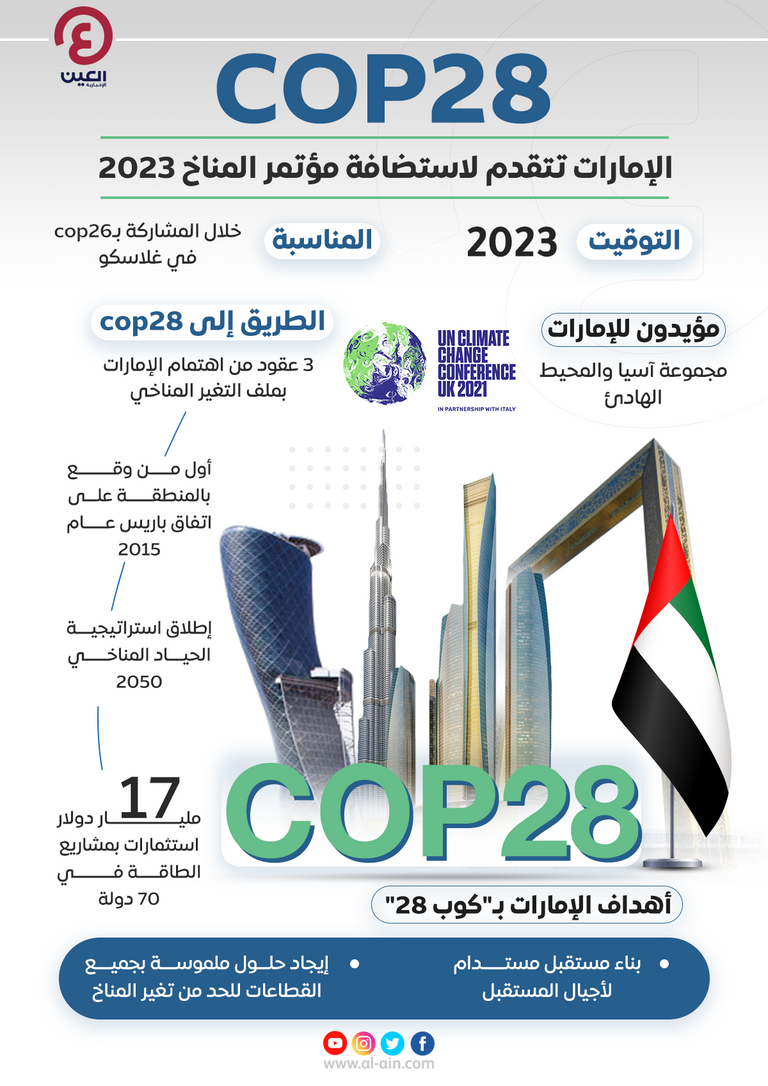
It was in a rush that a final agreement was signed overnight. It is both a step forward, but symbolic and (above all) a big disappointment on a question of planetary interest.
Compared to previous COPs, the participants agreed on the creation of a fund whose purpose is to finance the irreversible damage caused by climate change. It is an old promise from Copenhagen in 2009 to support countries up to €110 billion per year.
The creation of this fund is only an illusion, because the conditions of attribution and the beneficiary countries are to be determined. The conditions and the countries that can benefit are referred to a “transition committee” which will make it operational by the end of next year, that is to say COP 28, which will take place in Dubai in December 2023. This mechanism has been awaited for years by the main countries concerned. However, the text of the agreement does not provide for any decision regarding the financing of the fund (new window).
The agreement does not impose binding measures on the giant polluters such as the United States of America, China, Saudi Arabia, Russia, the European Union, India, to name only those countries where industrialization has a negative impact on the environment and therefore the climate. The issue of state subsidies to fossil fuels is not addressed in this agreement.
This COP took place in a context of war, which has consequences for gas and oil. It highlighted the complexity of geopolitics and the difficulties in achieving the global transition to a decarbonized economy. Geopolitics is also the constitution of a group of countries with opposing interests, the G77+China. China is one of the biggest polluters on the planet.
As surprising as it may seem, lobbyists and representatives of oil groups have shown their ecological credentials. But they defended their interests. The energy transition, occupying the speeches of many leaders, in fact constitutes no clear threat to their activities. Over the coming year, industry and its state sponsors will likely continue to assert their influence on the process. Disinformation will remain a key tool in their lobbying operations. We must not let this happen.
Progress has been made in understanding the problem and the direction solutions need to take, but world leaders must turn the page on tensions (such as the invasion of Ukraine) and make the most of new developments. positive geopolitics, such as the return of Brazil to the world stage and the climatic rapprochement between the United States and China.
COP 27 failed to accelerate the fight against climate change without a deal on fossil fuels. As a reminder, the countries most affected by global warming are the least responsible for greenhouse gas emissions.
It has not been up to the task of financing ecological projects such as the fight against desertification. There has been no concrete plan to honor the promise to double adaptation funding by 2025, which was a key request from the African continent and essential to adapt to the climate impacts suffered by its populations.
The industrialized countries, donors of climate lessons, nevertheless finance many fossil gas projects; they take advantage of the wind and the sun for their green hydrogen projects.
In a world where several players in the financial world or rather in financial speculation, we cannot succeed in changing the economy and an industry that respects nature if the G7 and G20, the international banks and the IMF do not support not this project. These “Gs” and financial institutions ignore climate issues; they continue to fund the speculative economy. The old world, based on fossil fuels, still resists; because it still has powerful institutional and financial support.
The agreement reached in Sharm el Sheikh did not address the root causes of the effects of climate change: the use of fossil fuels and the destruction of nature.
Taking up the expression of the Congolese Minister of the Environment, "who are we kidding", had launched, outraged, at the very moment when she slammed the door of COP 27. In Egypt, there was the realization of a minimum service on global warming. The main concern of the Alliance of Small Island States (AOSIS).
With such an agreement, we can affirm that the powerful continue to pollute and the poor will continue to drink, still suffer the gas emissions of the first.
We must face the facts. Scientific goals are not achievable. Scientists are disarmed in the face of the financial and technical power of the dominant actors of destructive capitalism.
The next COP will take place in Dubai between November 30 and December 12, 2023. It is a country whose main sources of income are gas and oil, therefore a fervent defender of fossil fuels, the most contaminating, having an impact destructive on the environment and a breeding ground for speculation in the charred economy. Energy-related CO2 emissions in the United Arab Emirates in 2019 amounted to 18.22 t CO2 per capita, which is 4.15 times the world average and 26% more than in the United States. And it is no surprise that the Minister of Industry was appointed President of COP 28. But in addition to occupying this ministry, he is the CEO of a national oil company. He also runs Masdar, the Emirati renewable energy company. A dual character.
His appointment clearly shows the victory of the oil sector, and therefore of fossil fuels. What pessimism! Nature, climate change, ecological transition are beautiful words, which decorate the discourse on climate change, which ultimately is not a strong concern of leaders, who only act, but speculate.
By BAHDON ABDILLAHI Mohamed



